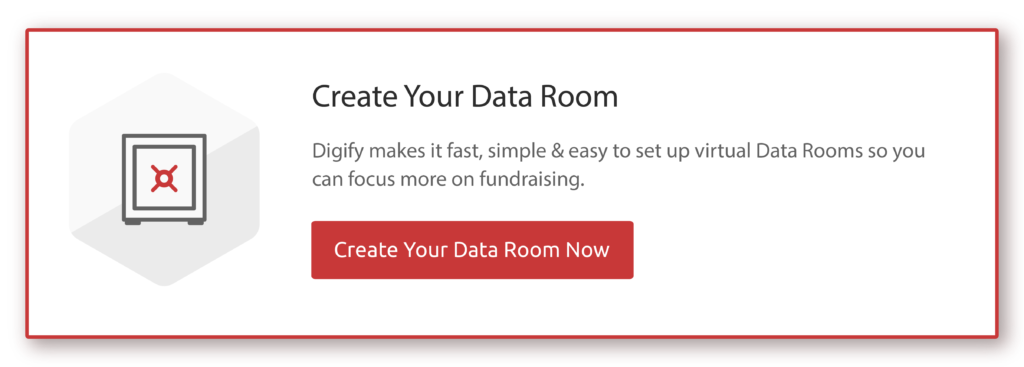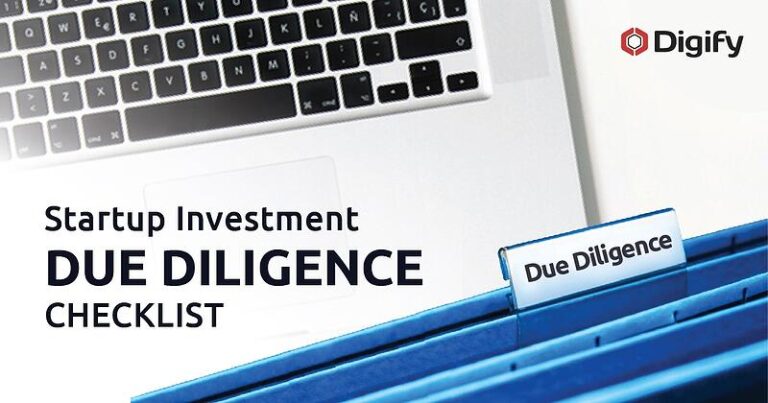
10 Funktionen, die ein VDR bieten sollte, um den Geschäftsabschluss zu beschleunigen
10 unverzichtbare Funktionen für virtuelle Datenräume (VDR) zur Beschleunigung von Geschäftsabschlüssen: Echtzeit-Tracking, Seitenanalyse, granulare Berechtigungen, Prüfpfade und Integrationen.




